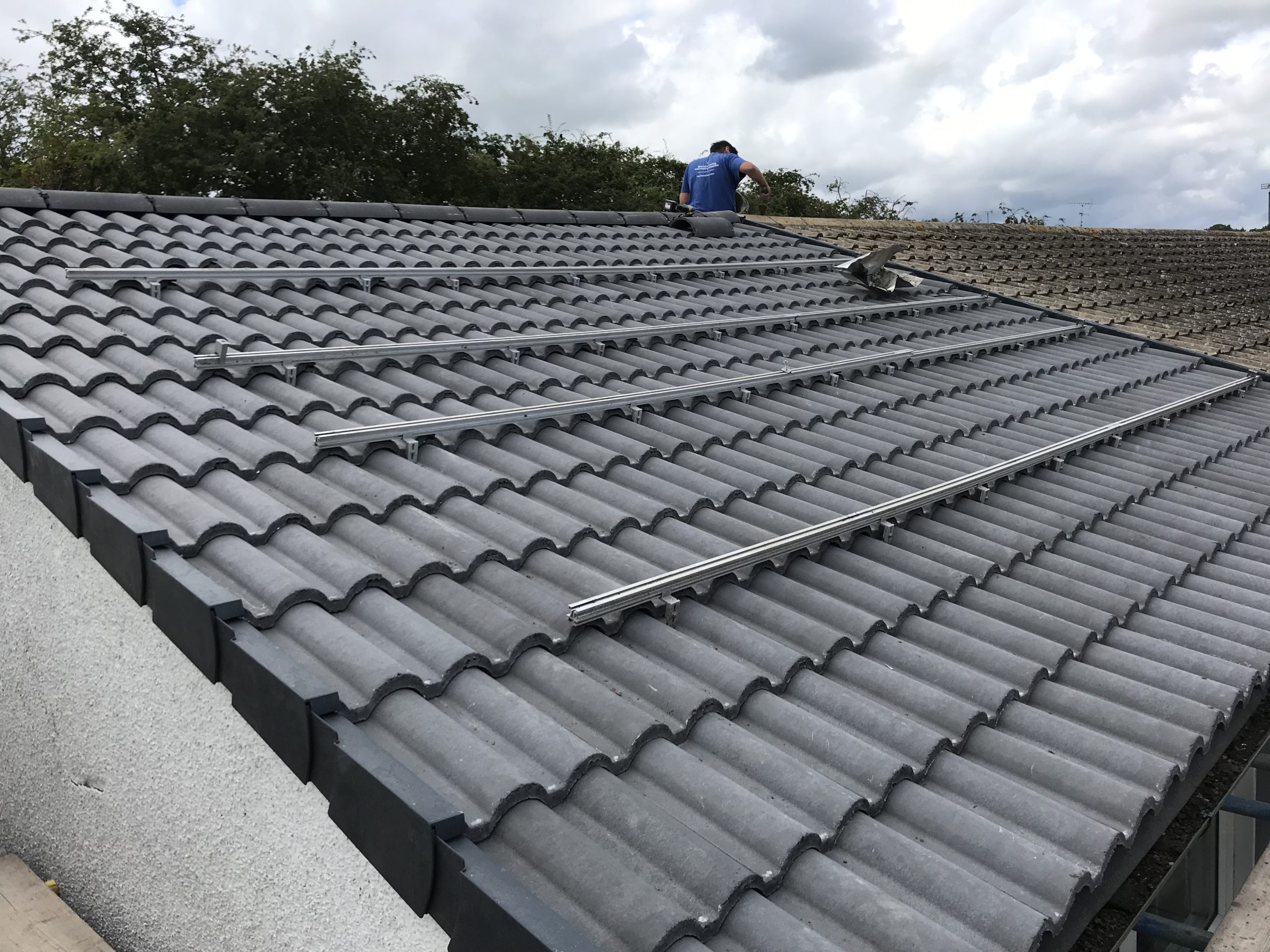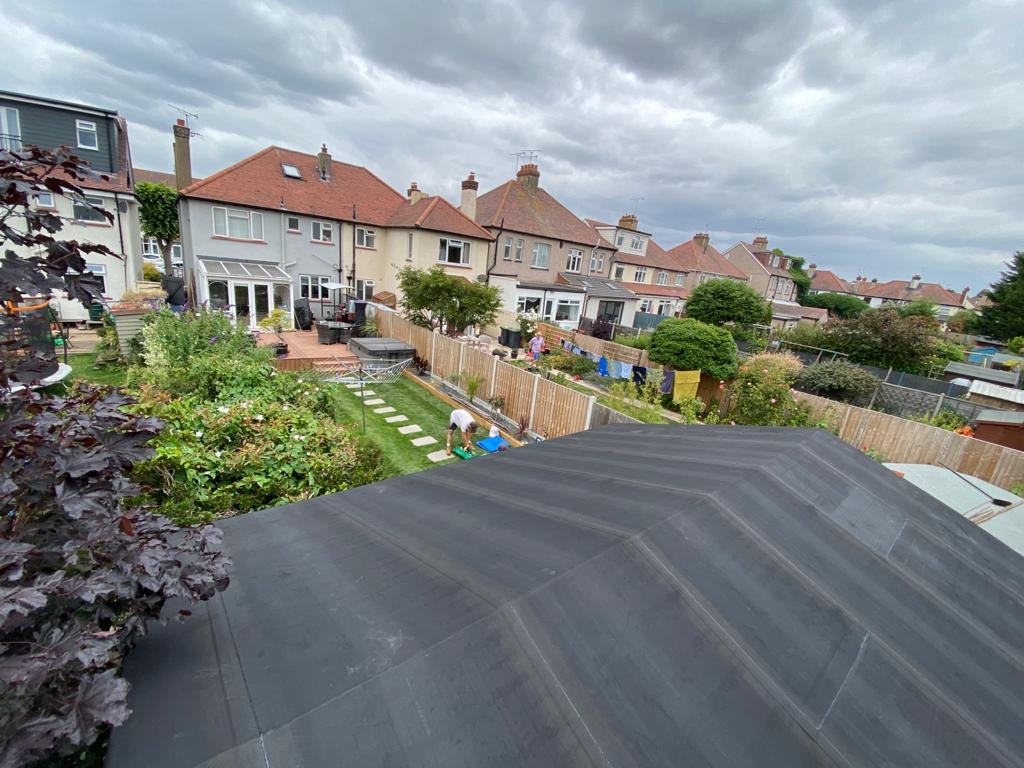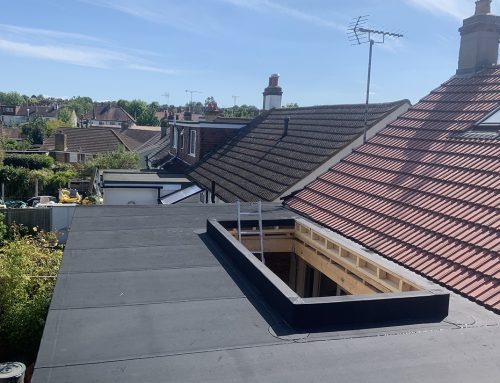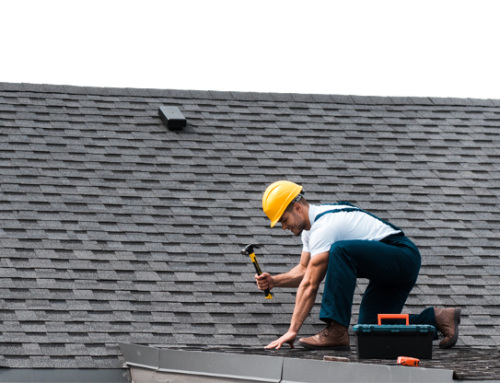Preparing for a roofing installation is essential to ensure the process goes smoothly and efficiently. Whether you are replacing an old roof or installing a new one, being well-prepared can minimise disruptions, protect your home, and ensure that the roofing contractors can work efficiently. Here’s a comprehensive guide on how to get ready for a roofing installation, with a focus on steps that will make the entire project easier for you and your roofing team.
1. Pick the Best Time for Your Roofing Installation
Choosing the right time for your roofing project is crucial. The weather plays a major role in the success of a roofing installation. In the UK, spring and summer are often the best times for roofing projects, as these seasons provide the most stable weather conditions. Extreme weather like rain or snow can delay the process and affect the roofing materials. Discuss the schedule with your roofing company to ensure you’re prepared for any weather-related disruptions.
If your roofing installation is due to an emergency, such as damage or leaks, you may not have the luxury of choosing the time. However, an experienced roofing contractor will be able to work efficiently under various conditions and have contingency plans in place to protect your home from the elements.
2. Clear the Area Around Your Home
Roofing work requires access to the entire perimeter of your home. To help the roofing contractors work without hindrance, clear the area around your property. This includes removing outdoor furniture, potted plants, and any other objects that might obstruct their movement. It’s also a good idea to park your vehicles away from the house to avoid any damage from falling debris during the roofing installation.
Roofing involves removing old materials and placing new ones, which can create quite a bit of mess. Roofing contractors usually cover the ground with protective tarps, but it’s still wise to move delicate plants and cover flower beds to prevent accidental damage.
3. Protect Your Home’s Interior
The roofing installation process can cause vibrations that may dislodge dust or debris in your attic or other areas near the roof. Before the roofing contractors begin work, it’s advisable to cover items stored in the attic with protective sheets to prevent dirt from settling on them. If possible, move any valuable or fragile items to a safer place.
Additionally, roofing work often involves hammering and heavy equipment use, which can cause vibrations inside your home. Take precautions by removing wall hangings, mirrors, or fragile items that could fall due to the roofing work.
4. Notify Your Neighbours About the Roofing Project
Roofing installations can be noisy and disruptive. Out of courtesy, inform your neighbours in advance about the upcoming roofing project. Let them know when the work will start and how long it is expected to last. This will help them prepare for the noise and any additional traffic around your home.
In certain areas, local regulations or homeowner associations may require notification before large-scale projects like roofing installations. Check with your local authorities to ensure you’re in compliance with any rules, especially if you live in a conservation area where specific guidelines might apply.
5. Make Safety Arrangements for Children and Pets
A roofing site can be hazardous, especially for children and pets. Tools, ladders, and loose materials create risks that should be avoided. Keep children and pets indoors or arrange for them to stay with friends or family during the roofing installation to ensure their safety. Roofing contractors will have safety measures in place, but it’s always best to keep curious pets or children away from the work zone.
Pets, in particular, may become anxious due to the noise generated by the roofing work. If possible, create a quiet, comfortable space for them in a part of the house farthest from the roofing site.
6. Ensure Easy Access for the Roofing Contractors
Roofers need unimpeded access to their work area to complete the job efficiently. If you have gates or locked areas, make sure they are unlocked or provide the roofing team with the means to access them. You may also need to provide access to external power outlets if the contractors require them for their tools.
Discuss any special requirements with the roofing company before the project begins. This could include where to place skips for waste disposal, which parts of the property need special protection, or any specific access issues they might encounter.
7. Prepare for the Noise and Disruptions
Roofing installations are noisy by nature. Hammers, drills, and other equipment can cause significant disruptions, so it’s important to prepare for this beforehand. If you work from home or have children who nap during the day, you may want to make alternate arrangements to avoid the noise. Consider relocating to a quieter space while the roofing work is underway.
Roofing work can also block access to certain parts of your home, such as driveways or entrances. Make sure to coordinate with the contractors to ensure you can still enter and exit your home as needed.
8. Check the Weather and Have a Contingency Plan
Weather plays a significant role in roofing installations, especially in the UK where rain can often be unpredictable. Ensure that your roofing contractor has a plan in place to protect your home in case the weather takes a turn for the worse. Most contractors will use tarps or other protective coverings to shield your home if it starts to rain unexpectedly during the roofing installation.
Stay in touch with your roofing company about any delays that might arise due to weather conditions. While most roofers work quickly, bad weather can cause unavoidable pauses in the project.
9. Review the Roofing Contract and Warranty
Before the roofing installation begins, make sure you thoroughly review the contract with your roofing contractor. Ensure that all costs, materials, and project timelines are clearly outlined. It’s also important to understand the warranty provided by the roofing company. Many professional roofers offer warranties on both materials and labour, which can give you peace of mind for future repairs or maintenance needs.
Clarify any points that may seem unclear, and don’t hesitate to ask questions. A solid understanding of the contract and warranty will help avoid misunderstandings later on.
10. Post-Installation Inspection and Clean-Up
Once the roofing installation is complete, the contractors will perform a final inspection to ensure everything has been installed correctly and meets building regulations. You should also inspect the work yourself to make sure you are satisfied with the result.
Roofing projects often generate debris, including nails, shingles, and other materials. A professional roofing company will clean up the site thoroughly, removing all waste and leaving your property as tidy as it was before the work began. Ensure the contractor completes this clean-up to your satisfaction.







Leave A Comment